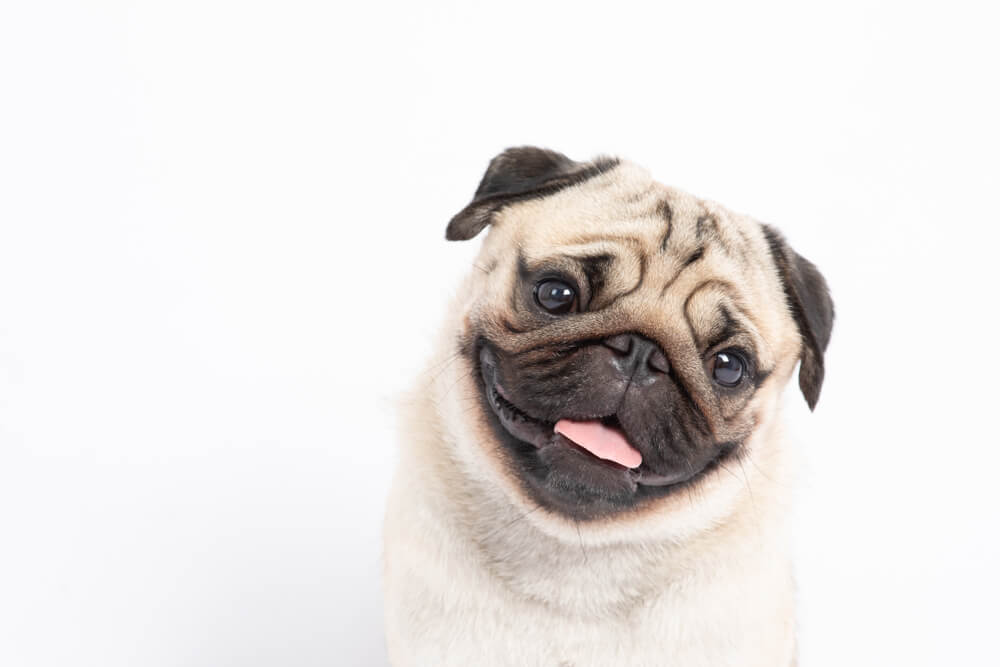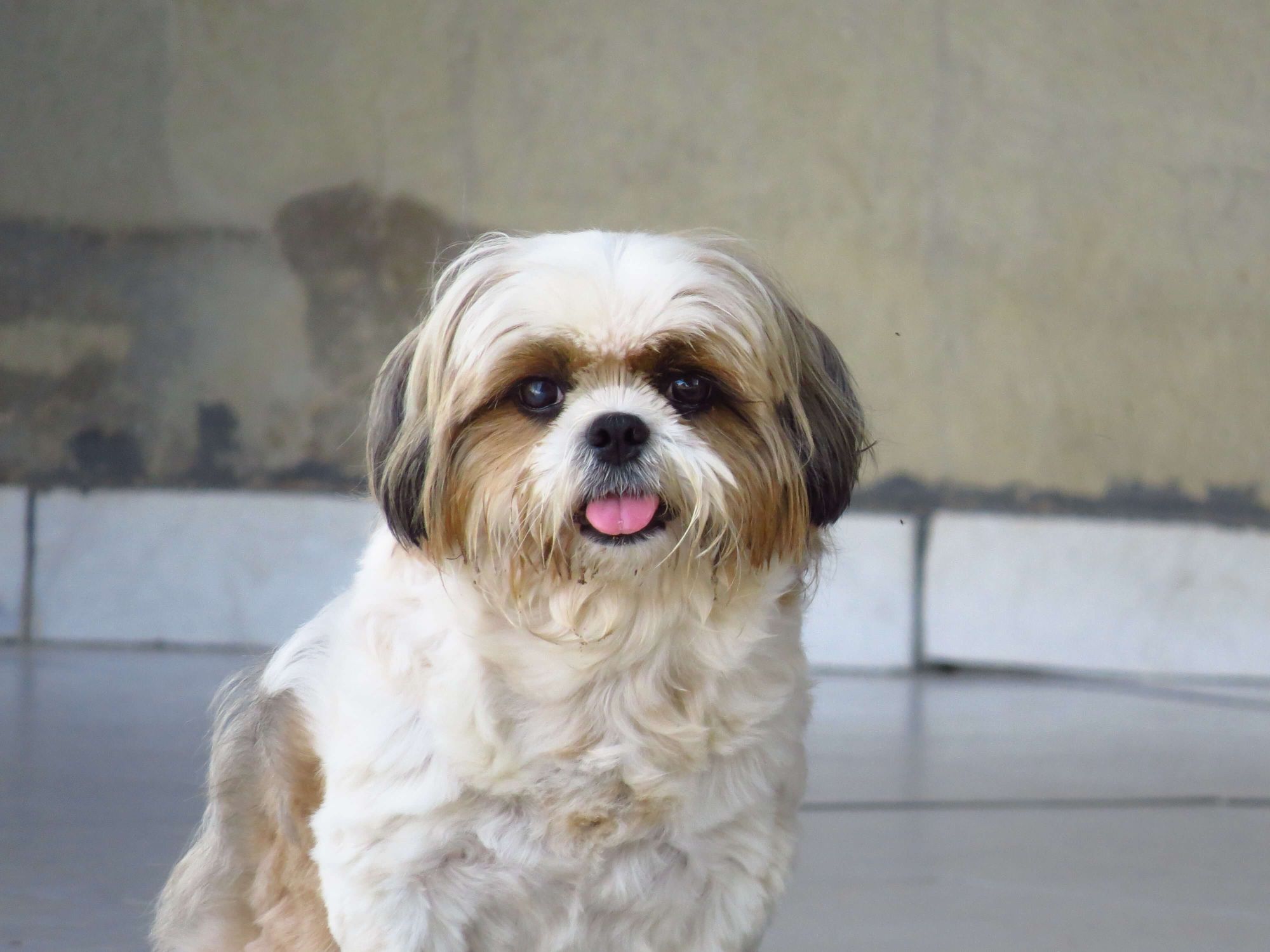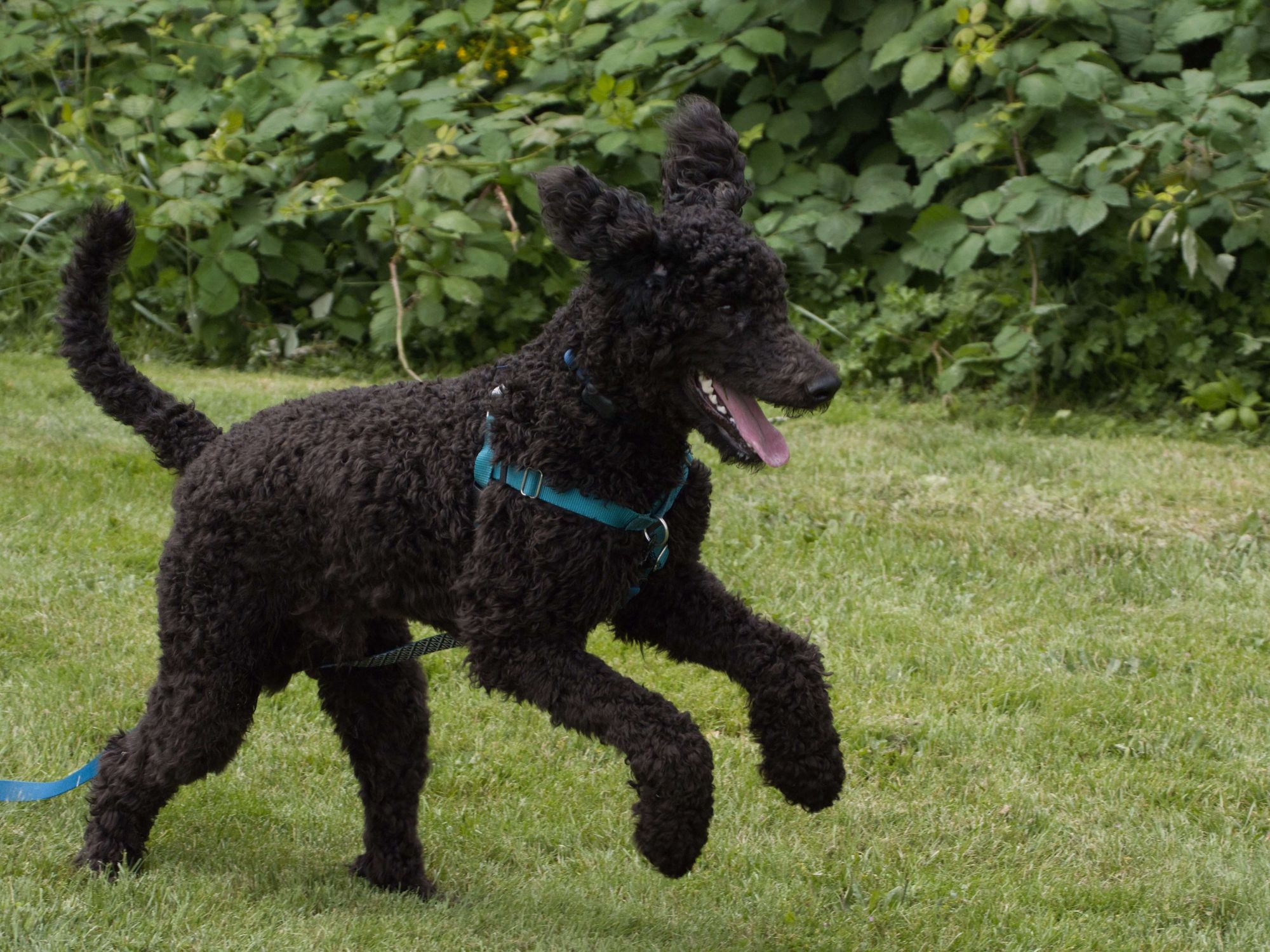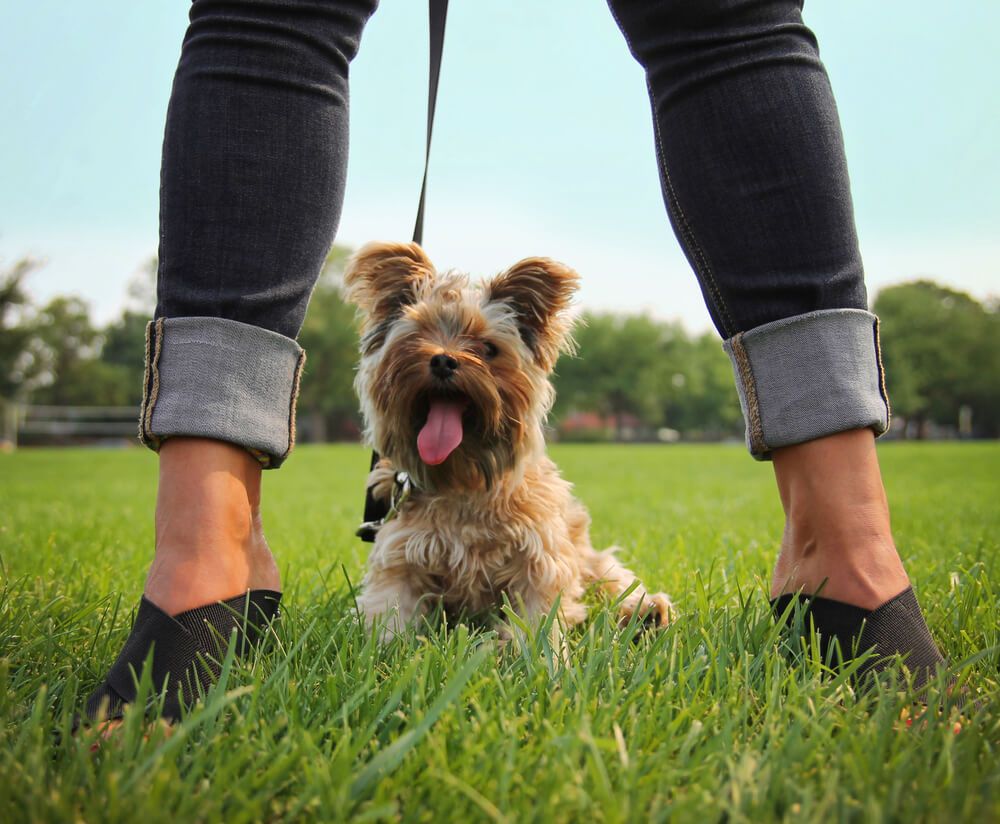Hey Ollie blog readers! We’re offering you an exclusive 60% OFF your starter box! Try now!
If you’re looking for a smaller dog that would enjoy living with you in the city or a family home, the Pug might be a great breed to consider. Their size and personality make them a great pet as well as an urban or family dog.
The Pug: A brief history
The pug originated in China, and these dogs were reported to be the prized possessions of the Emporers. How did these regal creatures come to be household pets here in the US?
Pugs made their way into the hands of some Dutch traders who brought the pups from Holland over to England. Like in China, the English royalty also bred and kept Pugs as their companions of choice. The English breeding lead to the more refined dogs we see today.
In 1855, the breed was recognized by the American Kennel Club. They have come in and out of popularity ever since.
As you can see from this very brief history, the Pug is a dog that was bred purely as a human companion. They are not generally used as working, hunting, or sporting dogs. They tend to be happiest when being spoiled rotten by their humans!
Pug Temperament
Pugs are very pleasant dogs and they make great pets. A few key notes about their temperament that you should keep in mind when deciding if a Pug is the right dog to add to your family:
-
- Not aggressive
While Pugs may have a bit of a stubborn streak, they’re not aggressive. Most Pugs are suited for life with both small children and other dogs. If a Pug is in a fight with another dog, there is a slim chance that they are the ones who started it. Pugs are happiest when hanging out with you. If you enjoy relaxing on the couch or like to read a lot, the Pug might be the perfect companion for you. If you have children in your home, don’t be surprised if your Pug loves spending time with the kids. Like any other breed, you should always supervise young children and dogs and not leave them alone together.
-
- Eager to please
Pugs are friendly dogs. They will lick your face and do everything they can think of to make you laugh. They form close bonds with their humans. They also are not the type of dog that believes in personal space. They want to be near you all the time. If you work from home or are raising young children, this might be the perfect pet for you. They can get separation anxiety, so if you work long hours, you’ll want to make sure to arrange a walker or someone to come in during the day to give them not only bathroom breaks but also some attention. You should also not isolate your Pug from the rest of the family (gating them only in certain parts of the home). Pugs were bred to be companions and they are happiest when they are part of the family.
-
- Not overly athletic
As Pugs were bred for a life of leisure, they are not the most athletic dogs. Sure, you can count them in for a walk to go get ice cream, but don’t expect your pug to help you train for a marathon. They can be mischevious, so make sure they’re supervised in your backyard on they’re on a leash, so they don’t get away… but chances are they aren’t going really far. Some pugs do enjoy participating in sports like Rally (competitive obedience), Agility, or even learning to do some tricks.
Another thing you’ll need to watch out for is obesity. Pugs love to eat and they can pack on the pounds pretty quickly. While you’ll likely have no trouble training a food-motivated Pug, make sure you aren’t giving too many treats and adjust your pet’s diet accordingly. Keep an eye on your pet’s diet and communicate with your vet if you’re concerned about weight gain. Keeping your pup at a healthy weight will help prevent other health issues from popping up, especially as your pet gets older.
Typical Pug Physique
-
- Small
Pugs are a smaller dog breed with the average pup weighing in at 14-18 pounds when fully grown. This makes the pug an ideal candidate for those living in apartments and urban environments. They can easily fit in a carrier or Sherpa bag, which can also make them ideal travel companions.
-
- Brachycephalic
Pugs are brachycephalic, which means they have a flat face! While this is a descriptive term, it also means a few things in terms of health risks. Brachycephalic dogs are prone to breathing and eye issues. Because they do not have a long nose to offer protection, they are more susceptible to eye issues or injuries. They may also have limited depth perception. Next time you see a pug at play, watch to see if they crash into anything. Another significant note about brachycephalic dogs is that extreme temperatures have a stronger impact on them. This is because these dogs don’t have the length of their noses to warm or cool the air before it hits their lungs, as other dogs do. If you live in an extreme climate (hot or freezing cold) – consult your vet about ways to help your pug thrive. This may include limiting outdoor time or helping your pup stay warm in the cold weather.
-
- Curly tail
A signature trait in the pug physique is the curly tail. The breed standard, as set by the Pug Dog Club of America says, the tail is curled as tightly as possible over the hip. The double curl is perfection.” If you spot a pug with a double curled tail, chances are he or she has been in a show ring!
-
- Short-haired
Pugs are short-haired pups making their coats easier to maintain. If you add a pug to your family, you won’t be taking them to the groomer for complicated haircuts. You will, however, still need to bathe them regularly, take care of their skin, nails, and ears. Note that pugs do shed quite a bit – their looks can be deceiving. If you have severe allergies, bringing a Pug into your space might not be the best idea.
The pug breed standard allows for two colors, fawn, and black. Brindle, white, or blue pugs do not meet the breed standard. The Pug Dog Club of America says that reputable breeders are not interested in the development of additional colors.
Famous Pugs
In addition to making great pets, Pugs personalities lend themselves to stardom. Pugs have been featured in movies, on TV, and even become internet sensations. A few examples of famous Pugs over the decades include:
Otis from Milo & Otis
This popular mid-1980’s film stars Milo (a kitten) and Otis, an adorable pug. The film is about an unlikely friendship and is a real tearjerker.
Frank the Pug from Men In Black
In this 1997 hit starring Will Smith and Tommy Lee Jones, a pug named Frank is featured as the agent’s trusty sidekick.
Doug The Pug
Doug the Pug is an internet sensation. He has over 13 million followers online and was named People Magazine’s People’s Choice Award Animal Star in 2019. He has a NYT bestselling book and merch for sale through his website. Doug lives with his mom in Nashville, Tenessee.
The Ollie blog is devoted to helping pet parents lead healthier lives with their pups. If you want to learn more about our fresh, human-grade food, check out MyOllie.com.
Tagged As:

The nutrition your dog needs,
the food they want.

Enjoying our articles? Subscribe our Newsletters and get new articles directly to your inbox
You might also like
18 September 2025
7 MINS READ
Shih Tzu Breed Guide: Shih Tzu Pros and Cons
Thinking about bringing home a Shih Tzu? This guide breaks down the breed’s personality, grooming needs, and whether it’s the right fit for your life.
21 July 2025
6 MINS READ
Poodle Breed Guide: Pros and Cons of Poodles
Curious about Poodles? This detailed Poodle breed guide breaks down the key pros and cons, plus tips on caring for Standard, Miniature, and Toy Poodles.
25 March 2025
6 MINS READ
Yorkie Dog Breed Guide: Yorkie Pros & Cons
Thinking about adding a Yorkie to your family? This Yorkie dog breed guide covers the pros and cons, care tips, and what to expect with these tiny, spirited pups.







